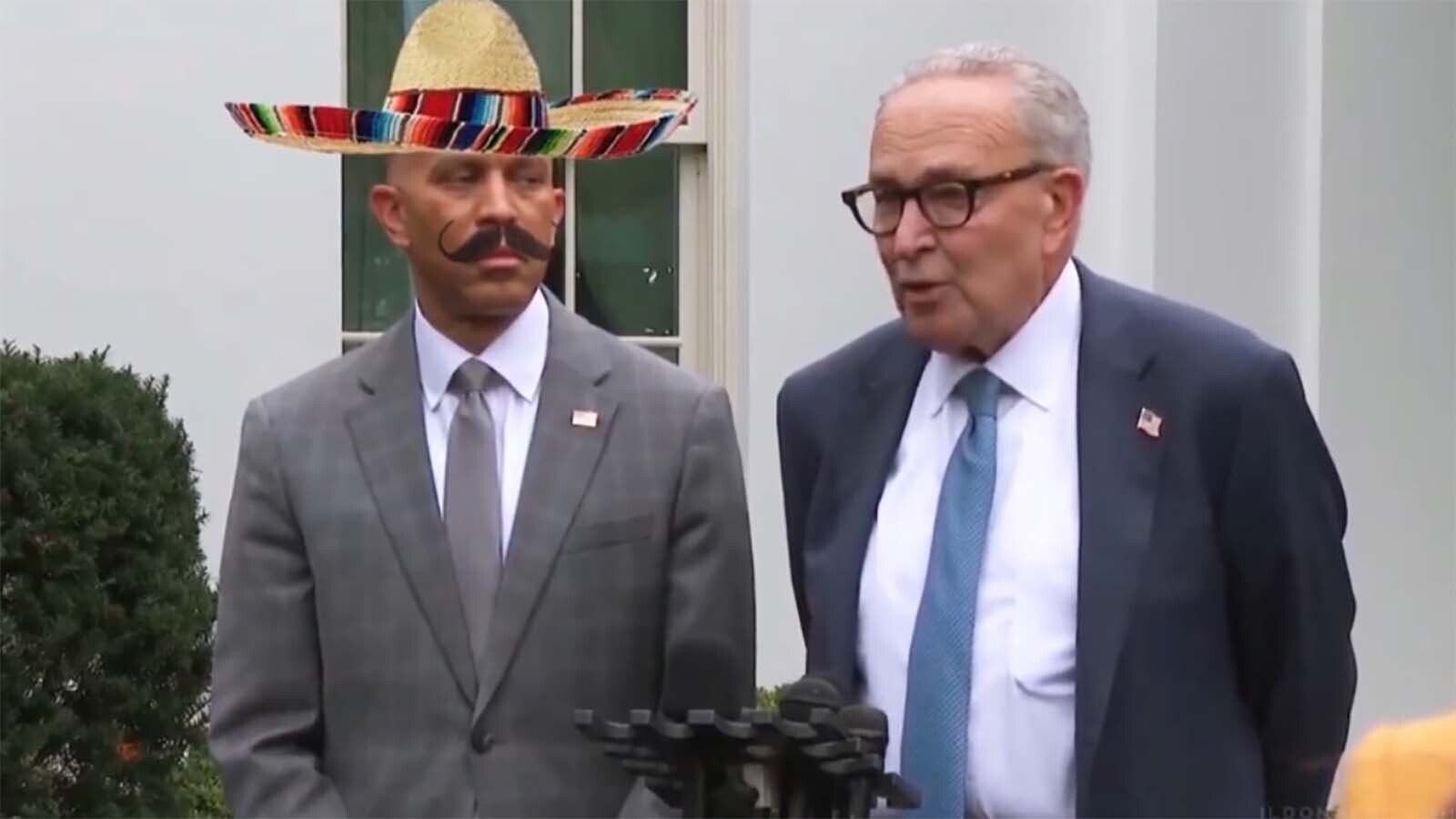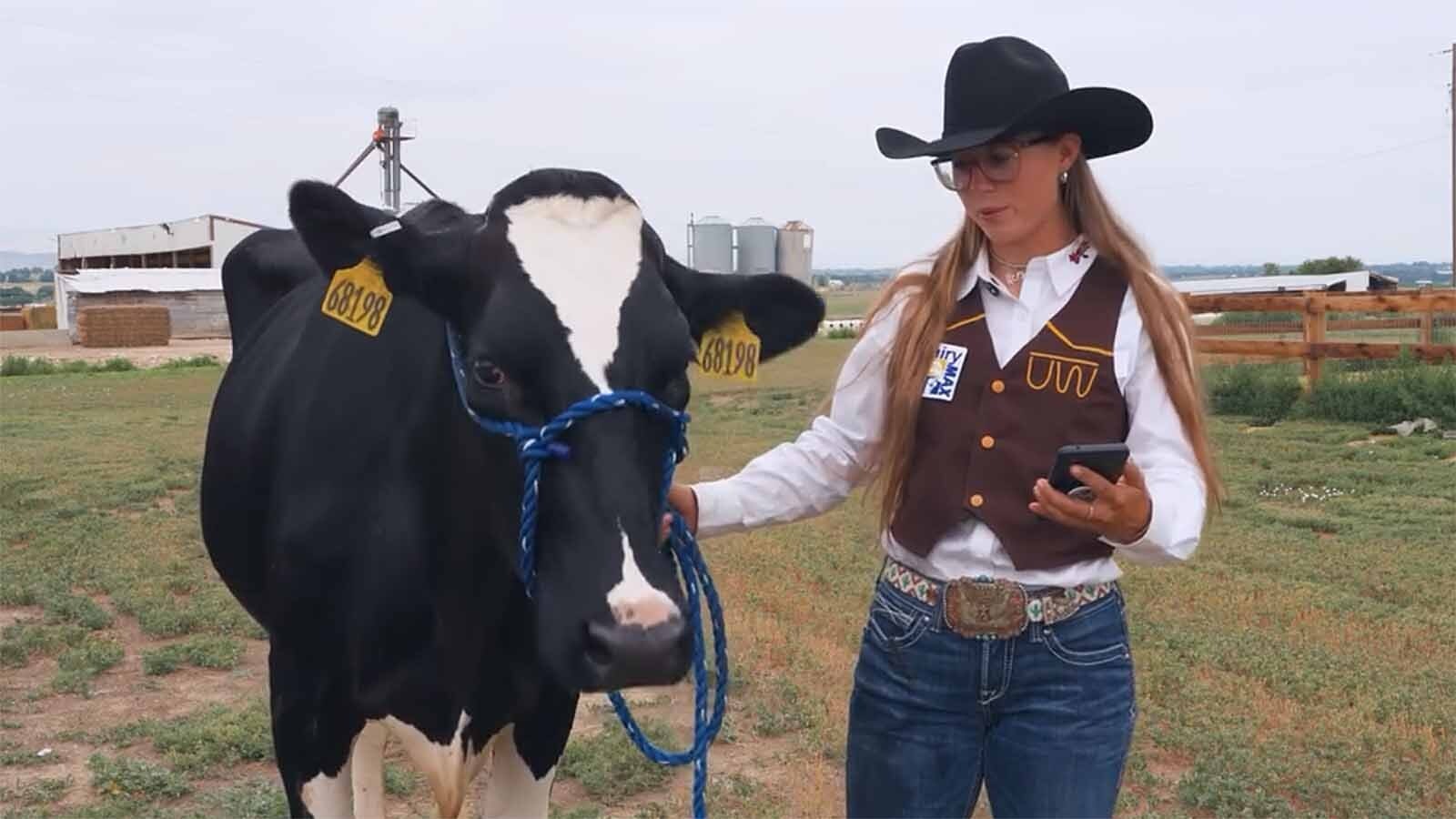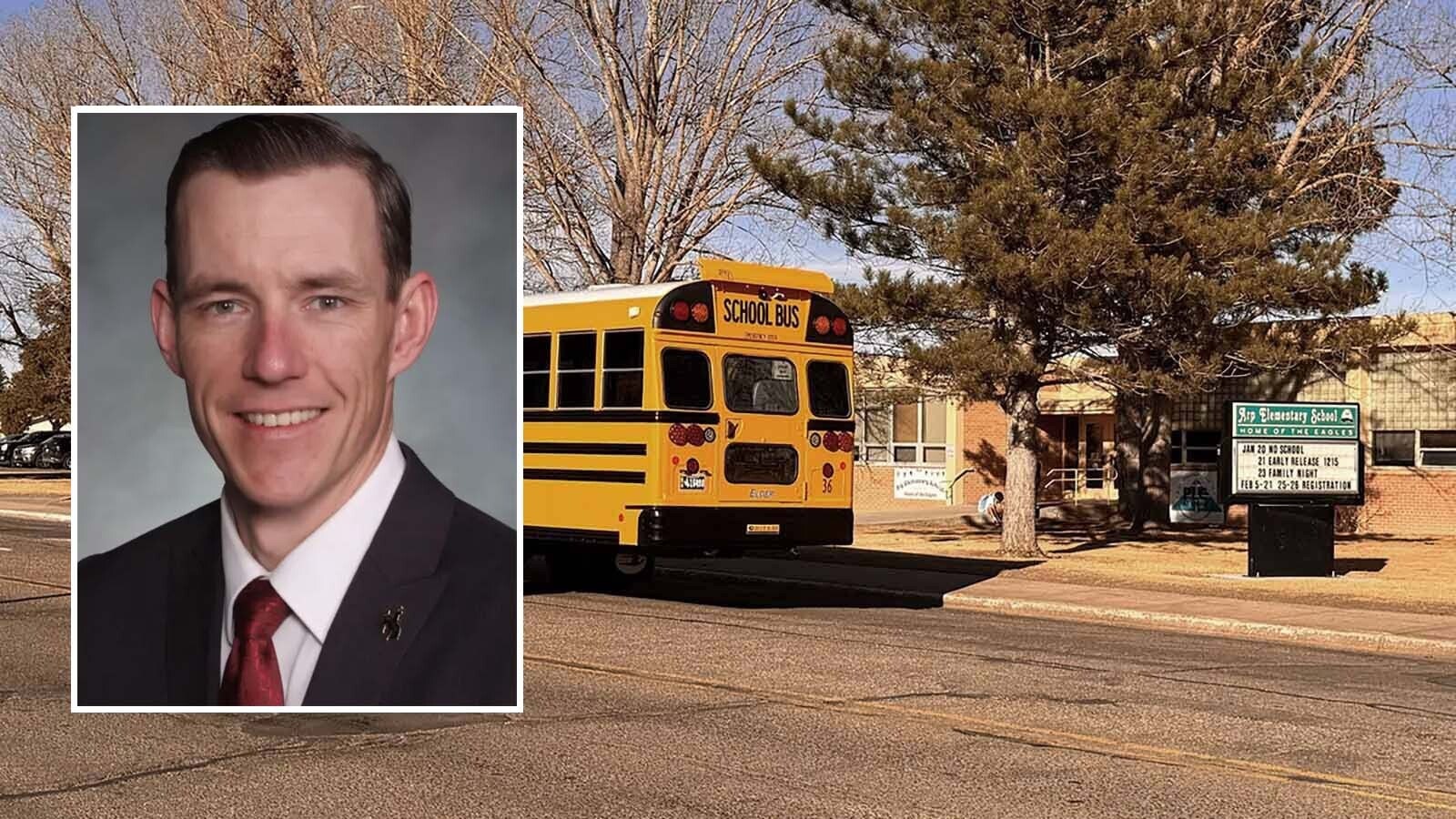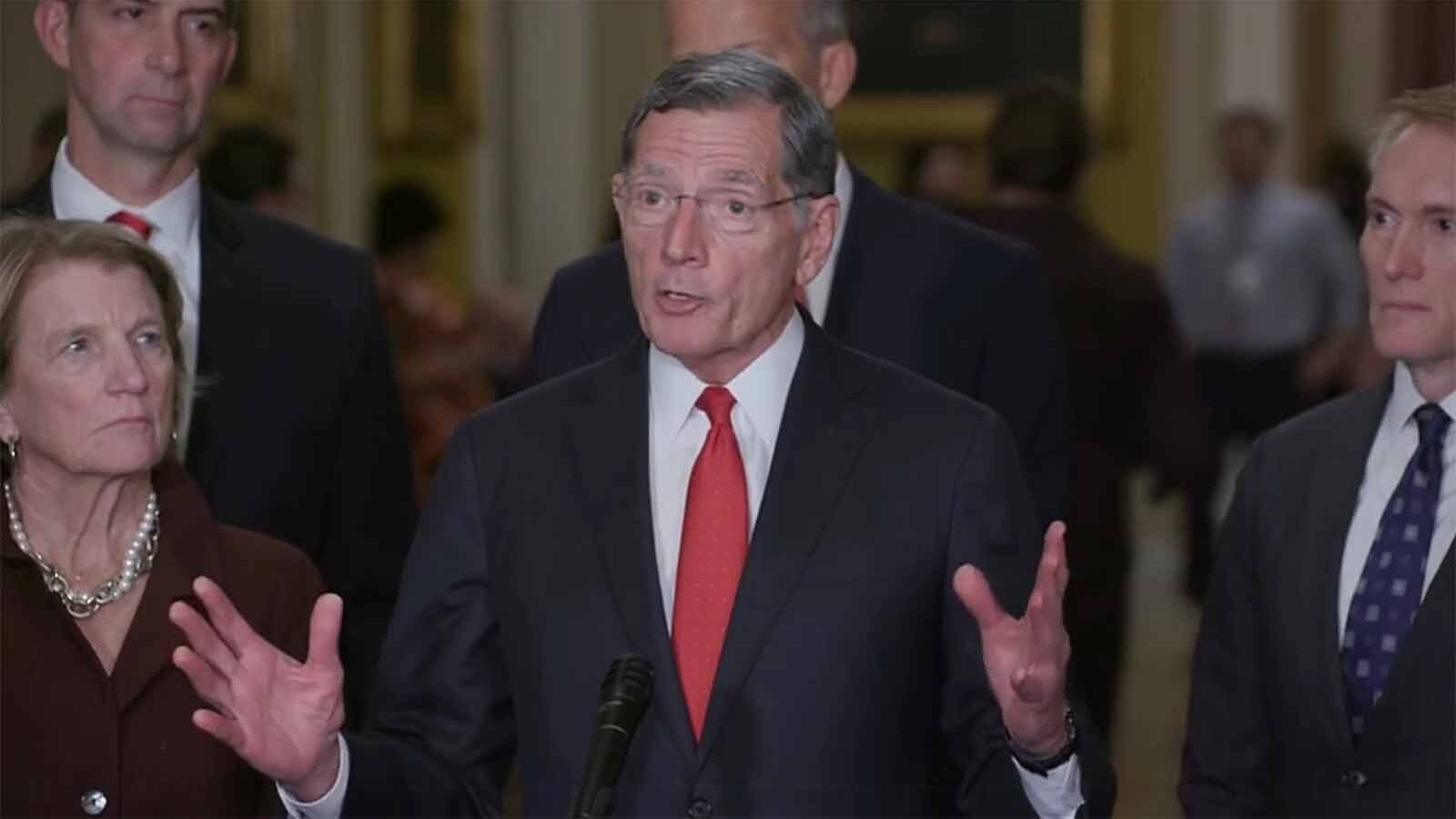Shawn Moore couldn’t keep the negative thoughts about himself out of his head.
He’d work as many hours as he could at his construction job in Casper, and drank when off, to dull the non-stop voice in his head telling him he was less than.
The then 21-year-old had been medically discharged from the Marines after two years of service following two debilitating traumatic brain injuries during training, the last leaving him unable to talk and walk for two weeks.
Once home, he’d gone to the local Veterans Affairs (VA) clinic for help, but said he was told he was fine and to essentially pull himself up by his bootstraps.
As a native Wyomingite, Moore agreed and thought that was sound advice, then further chastised himself for being weak.
His life’s goal had been to serve his country and retire from the military after decades of service. Moore started to realize that plan as a motor team mechanic for the 5th Marines 11th Battalion.
The head injuries dashed that dream as it had barely began, and Moore was struggling to find his footing.
It was August 2019, and Moore took a rare day off work to catch up on tasks and errands. He stayed busy with a trip to Rapid City, South Dakota, where he went to see dirt track car races and felt pretty good all day.
Once home in his trailer with his now wife, the dark thoughts returned in force as a thunderstorm clattered overhead.
Moore tried to talk off the voices in his head telling him he was a failure, but the clamoring claps of thunder resuscitated all those thoughts until he couldn’t stand it anymore. He grabbed his Glock pistol, put it under his chin and pulled the trigger.
The next thing he realized he woke up in Denver with his nose blown off and extensive damage to his jaw and tongue. Reconstruction surgery restored the damage, but the inner scars remained.
Moore also had found a new motivation, determined to tackle his demons and share his story in the hopes of helping other veterans like himself.
Speaking Out
Today, Moore is a student at the University of Wyoming pursuing a bachelor’s degree in organizational leadership with a minor in criminal studies who passionately shares his story with others across the state.
He works with Gov. Mark Gordon’s Office and other policy makers on behalf of mental health services for veterans and is a member of the Wyoming Allice for Suicide and other groups.
The numbers are startling, Moore said, with an estimated 22 veteran suicide deaths each day, according to the U.S. Department of Veterans Affairs. Wyoming is no better, consistently ranking in the top three for its high suicide rate.
In 2022, 22 veterans died by suicide with 6,407 deaths nationally.
He and other Wyoming veterans interviewed by Cowboy State Daily are encouraged by the appointment of new Secretary of Defense Pete Hegseth.
Hegseth outlined his priorities in a Jan. 27 message to troops, promising “to revive the warrior ethos,” restore trust in the military and rebuild its war-fighting capabilities while expanding access to health care for veterans by privatizing health care services.
Moore said he hopes Hegseth modernizes and streamlines veteran services to make it easier for veterans to access health care.
It was a challenge for him to even get signed up for veteran services once discharged, and he credits his grandfather, Gary P. Hartman, a retired judge and Vietnam veteran, for his help in cutting through the red tape to access services.
Streamline
Michael Watts, a Casper native and retired Army Rangers special operative who served five tours in Afghanistan, agrees with Moore than much more can be done when it comes to veteran health services.
Watts is candid about his own mental health struggles that he treated with excessive drinking until it ultimately cost him his marriage and subsequent relationship, which he openly shared with other veterans in a podcast.
He was fed up by the spiraling suicide numbers among military members and wanted to bear his own soul for the sake of helping others.
Like Moore, Watts said he likes what he’s heard from Hegseth so far, though he’s not putting stock in anything until he actually sees changes.
“I don’t hold a lot of people in high regard until I start to see their actions,” he said.
Combat Doesn’t Care About Diversity
He does, however, appreciate Hegseth’s vow to restore the country’s fighting capabilities given the credible threats the nation is facing, like China, he said.
He served during the Obama administration and saw changes beginning then, such as a lowering of physical standards for veterans and a pulling back of the harsh physical penalties — known as “getting smoked” or “scuffed” — as disciplinary action.
As much as Watts said he hated it at the time, today he can appreciate the discipline and accountability it taught him.
He also didn’t like the push for diversity and inclusion because it was counterproductive to soldiers thinking of their group as a unit. In combat, nobody cares about your skin color, gender or sexual preferences, he noted, because they’re taught to have each other’s backs regardless.
Calling out differences took a toll on overall morale, Watts said.
“It didn’t matter if you were Black or Mexican or whatever,” he said. “If you were worth your salt and good at your job, then that’s all that mattered.”
This includes women as well, Watts added, noting that some of the women in the special ops community were some of the toughest he’s ever encountered.
“There are some badass women,” he said.
The softening and lowering of physical standards also had a snowball effect, pushing some like him deciding to leave service, Watts said.
Complete Overhaul Needed
Like Moore, Watts would like to see Hegseth overhaul the way veterans are processed when they leave service to be better equipped for life in the civilian world. It’s a jarring process to go from the tight brotherhood in a unit to the outside world where your support system isn’t as tight.
Rather than teaching them to create a LinkedIn page and other basic skills, the military could do a much better job transitioning soldiers like him who had specialized in infantry with more skill-based training to be successful in the professional world.
Soldiers also need mental health services to confront the post-traumatic stress disorder so many veterans return with after serving in battle, he said.
“The military doesn’t do a good enough job preparing you for that sort of thing,” Watts said.
He said there are local nonprofit groups that hold job fairs and companies who go out of their way to employ veterans, but the VA does little to support that transition.
He was young and lucky to land a job in the oil field, Watts said, though his mental health issues would later catch up with him.
Most importantly, Watts would like to see an overhaul of the VA’s system that is short-staffed, inefficient and prone to huge delays.
“You have to jump through tons of hoops just to get medical care, and then wait, and wait some more for approval,” he said.
And even though veterans now have access to some health care providers through the Community Care program, all the paperwork still goes through the VA and takes months to process, Watts said.
Not only are there long delays to access mental and physical health care services, even getting prescriptions is a hassle, he said.
Watts said he has to call in his prescription every 90 days for it to auto-renew and wait for approval. If he’s lucky, that takes five days to get filled and mailed, but there have been times that it’s taken upward of three weeks. As a result, he now keeps a small stockpile in case of delays.

DOGE Should Look At VA
Denton Knapp, a retired U.S. Army veteran and national legislative representative for the Veterans of Foreign Wars, acknowledges there are big gaps in the broken veteran care system.
He hopes that Elon Musk’s Department of Government Efficiency takes a crack at the VA to root out fraud and waste and come up with more efficiencies for veterans.
Wyoming has one of the highest per capita rates of veterans, Knapp said, with the greatest number of those being from the Vietnam War era, many of whom now in their 70s and 80s who have never accessed health care services.
The trouble is that Wyoming also has a small number of veteran services officers to help get these veterans signed up for services, with one person handling three counties in some cases.
“They’re busy, overloaded and they don’t get paid enough,” Knapp said.
As a result, the lack of manpower has made an opening for unaccredited third-party private businesses that Knapp calls “claim sharks,” who swoop in to quickly get veterans signed up for free services at exorbitant costs of thousands of dollars.
The practice of accessing veterans log-in credentials is illegal, Knapp said, and he’d like to see the state pass legislation to enact penalties against those companies as eight other states have done.
This legislative session, Knapp’s brother, Rep. Chris Knapp, R-Gillette, introduced House Bill 210 that would have prohibited such practices and enforced penalties, which passed committee but wasn’t introduced for consideration for the House as a whole.
But like Moore and Watts, Knapp is encouraged by Hegseth’s appointment and thinks he brings a new energy and vitality that he hopes returns the military to its original mission.
He also likes the fact that Hegseth has both a military background as well as civilian leadership, two qualities he thinks will be beneficial to his effectiveness.
Moore said he plans to continue his suicide prevention efforts and would like the VA under its new leadership to expand services and offer more proactive and accessible mental health initiatives for veterans as well as a network of veteran-led support groups in Wyoming.
In his case, his care began at the moment of crisis, which he doesn’t want to happen to other veterans.
“I’m hoping Hegseth will rework the DOD from top to bottom and bring the high standards back,” he said.
Jen Kocher can be reached at jen@cowboystatedaily.com.









